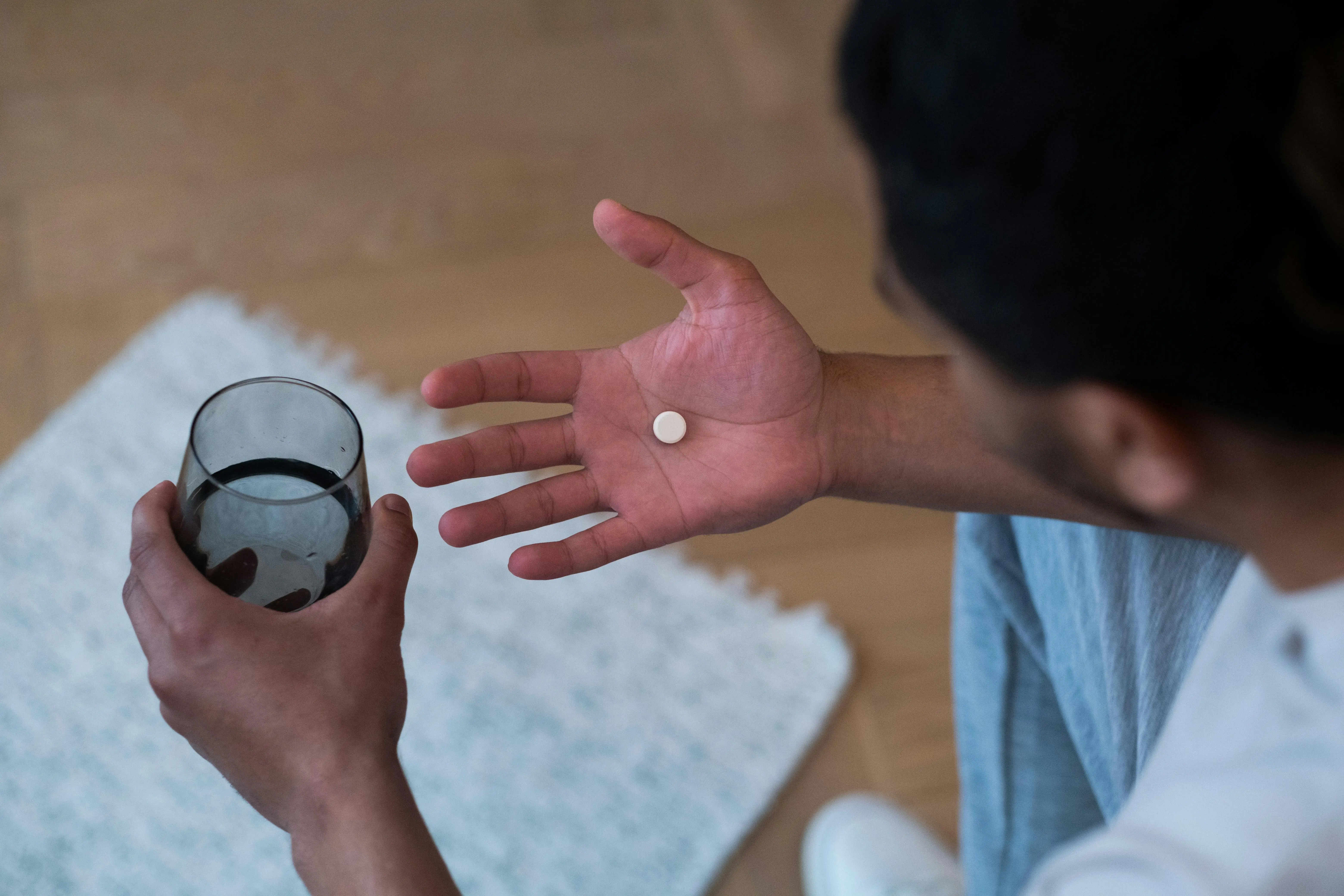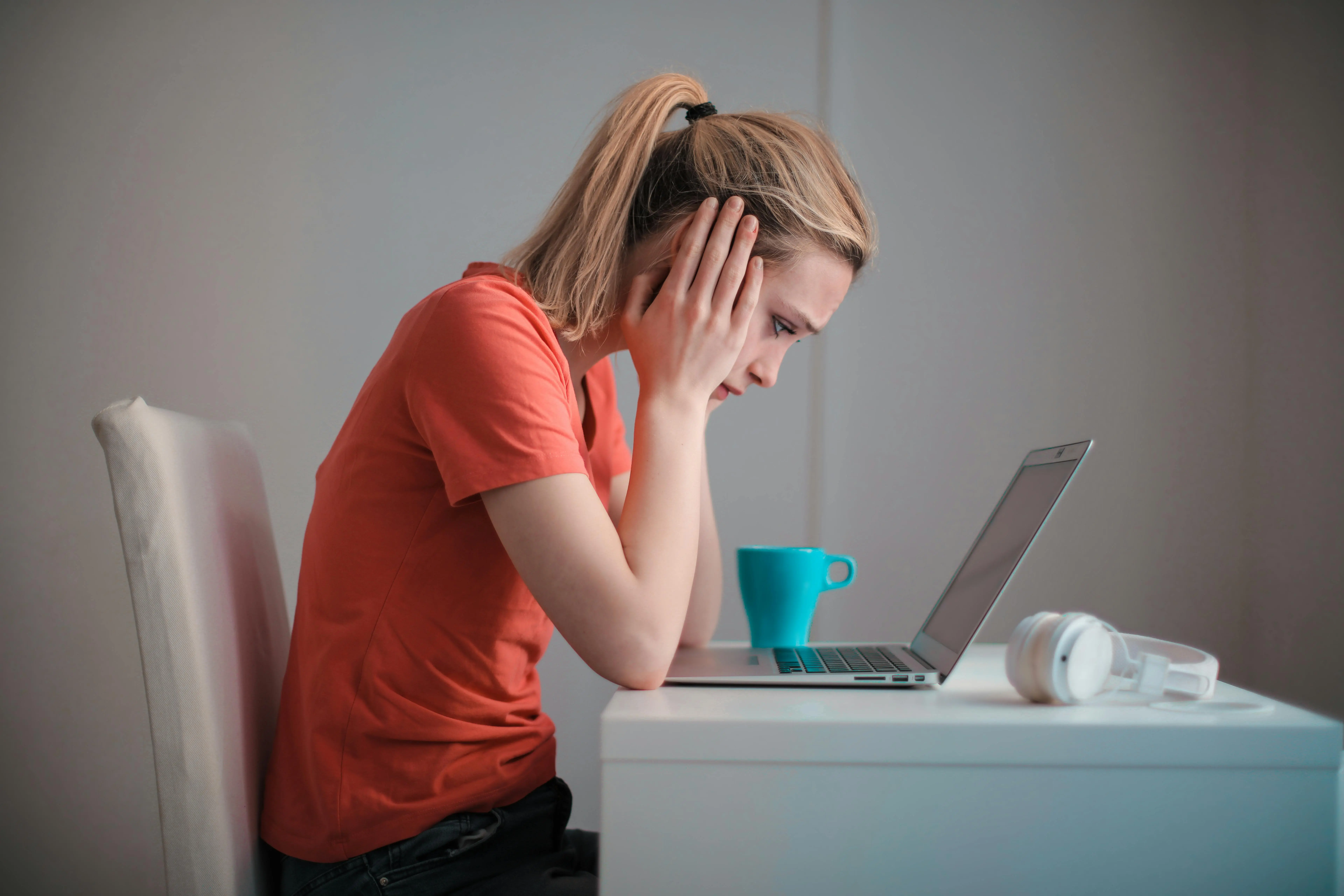






Denken + Doen = Durven
Aroma diffuser with single-note sweet orange essential oil
False Safety Behavioral Elimination Treatment (FSET)
Virtual Reality headset with calming scenery
STEP-UP (transdiagnostic behavioral therapy for pediatric anxiety and depression)
Cognitive Bias Modification for Interpretation (CBM-I)
Cognitive Behavioral Therapy (CBT)
Individual Schema Therapy